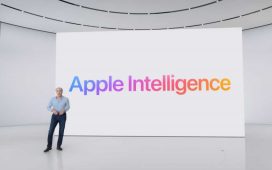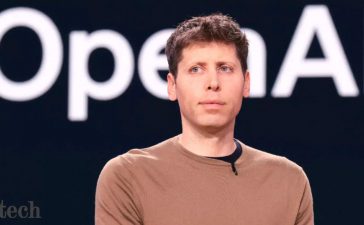OpenAI, the Microsoft-backed company that developed the ChatGPT generative AI chatbot, is the defendant in a federal class action lawsuit filed this week in California, where it is accused of misappropriating personal information for training purposes.
The complaint, filed in the Northern District of California, lists 15 causes of action, including violations of the Computer Fraud and Abuse act, the Electronic Communications Privacy Act, and several state consumer rights laws and common-law torts.
The claims center on the idea that OpenAI essentially “stole” the plaintiffs’ private information and used it to create a highly valuable product without compensation.
“OpenAI used the stolen data to train and develop [ChatGPT] utilizing large language models … and deep language algorithms to analyze and generate human-like language that can be used for a wide range of applications,” the complaint said.
By taking data from the public internet that nevertheless contained personally identifiable information, the plaintiffs contend, OpenAI has violated their privacy. (The identities of the plaintiffs were not fully disclosed in the complaint, which asked the court for permission to keep them private, in the hope of avoiding “intrusive scrutiny.”)
In addition to monetary damages, the plaintiffs asked to take a number of corrective actions against OpenAI’s alleged misdeeds, including the establishment of an independent AI council for governance and open access to all personal information collected by OpenAI.
The case is likely to test the assumption that the use of data from the public internet for AI training constitutes fair use under US copyright law, which would mean that AI creators like OpenAI couldn’t be held liable for violating copyright. While the complaint does not discuss the fair use argument in detail, a second class action suit — this one initiated by two Massachusetts-based authors — more directly alleges copyright violations by OpenAI in regard to the authors’ material being used to help train AI.
“Because the OpenAI Language Models cannot function without the expressive information extracted from Plaintiffs’ works (and others) and retained inside them, the OpenAI Language Models are themselves infringing derivative works,” according to the complaint in that case, also filed in the Northern District of California.
OpenAI did not immediately respond to requests for comment.
Copyright © 2023 IDG Communications, Inc.












